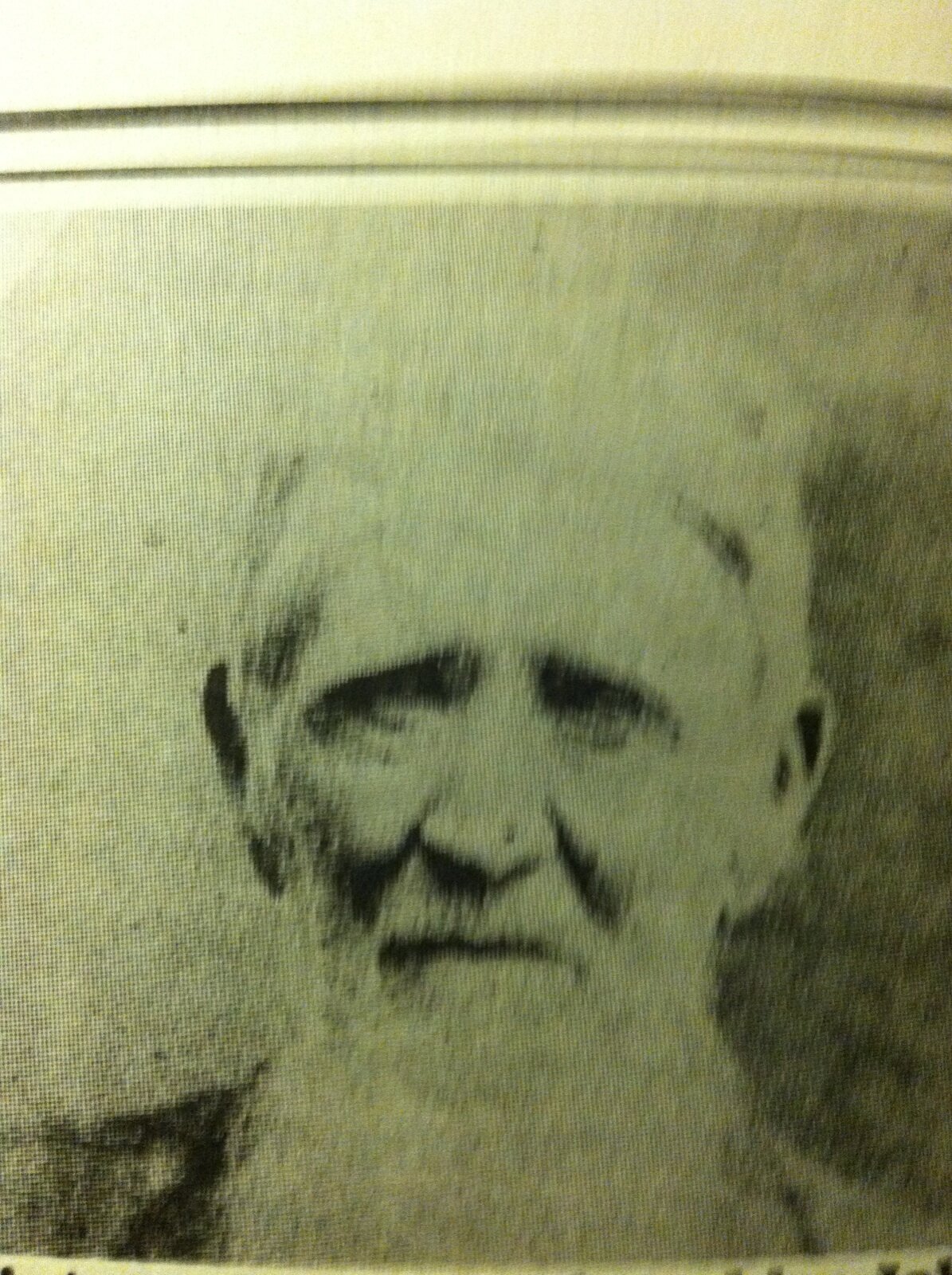The First Keys
/When I started to virtually launch out from the Jack Atkinson place, I realized I mis-named the first of these articles. Our first stop, at John Mitchell Key’s place, wasn’t really the beginning of the settlement. In fact, John Mitchell’s father, William Key, was about 10 years old when the Keys first ventured onto the Cumberland Plateau.
According to the 1850 census, Stephen and Matilda Key were living in Overton County. Sometime during the next decade they made the move into Fentress County for that’s their home on the 1860 census. We visited the Stephen Key place here a few years ago. That home was way back from where I think of Key Town lying; it was situated on a branch and very near the Hurricane Creek. That census record shows Stephen’s real estate holdings valued at $300 (that’s nearly ten thousand of today’s dollars) which seems to be about average in the neighborhood. Yet, the property spanned nearly 700 acres.
In the next 20 years he would grant portions of land to his two sons, William and John Wesley. The sons moved further from the creek, and by our perspective today, closer to civilization. They further established the Key Town settlement as more generations would settle around them.
As recently as my father’s youth, there were traces of old home places whose inhabitants are lost to our knowledge. William Key’s home may have originally been on the same site of Jack and Mintie Atkinson’s, or perhaps it was one of those older homesteads. Stephen Key had seven children and while the two sons carried their father’s name and perpetuated Key Town, daughters Nancy and Loucinda also settled very close to home, almost surely on part of the original Stephen-Key-land. Nancy married Charles Atkinson – and Atkinsons still live on the property she received from her father. Loucinda married Edward Vaughn, and their descendants are still on part of her portion of the land.
So you can see that while Key Town is a nearly-forgotten ghost town, those early settlers continue to impact our community through their descendants.
Next week, the road takes a turn to the West where Stephen’s youngest son made his home.




